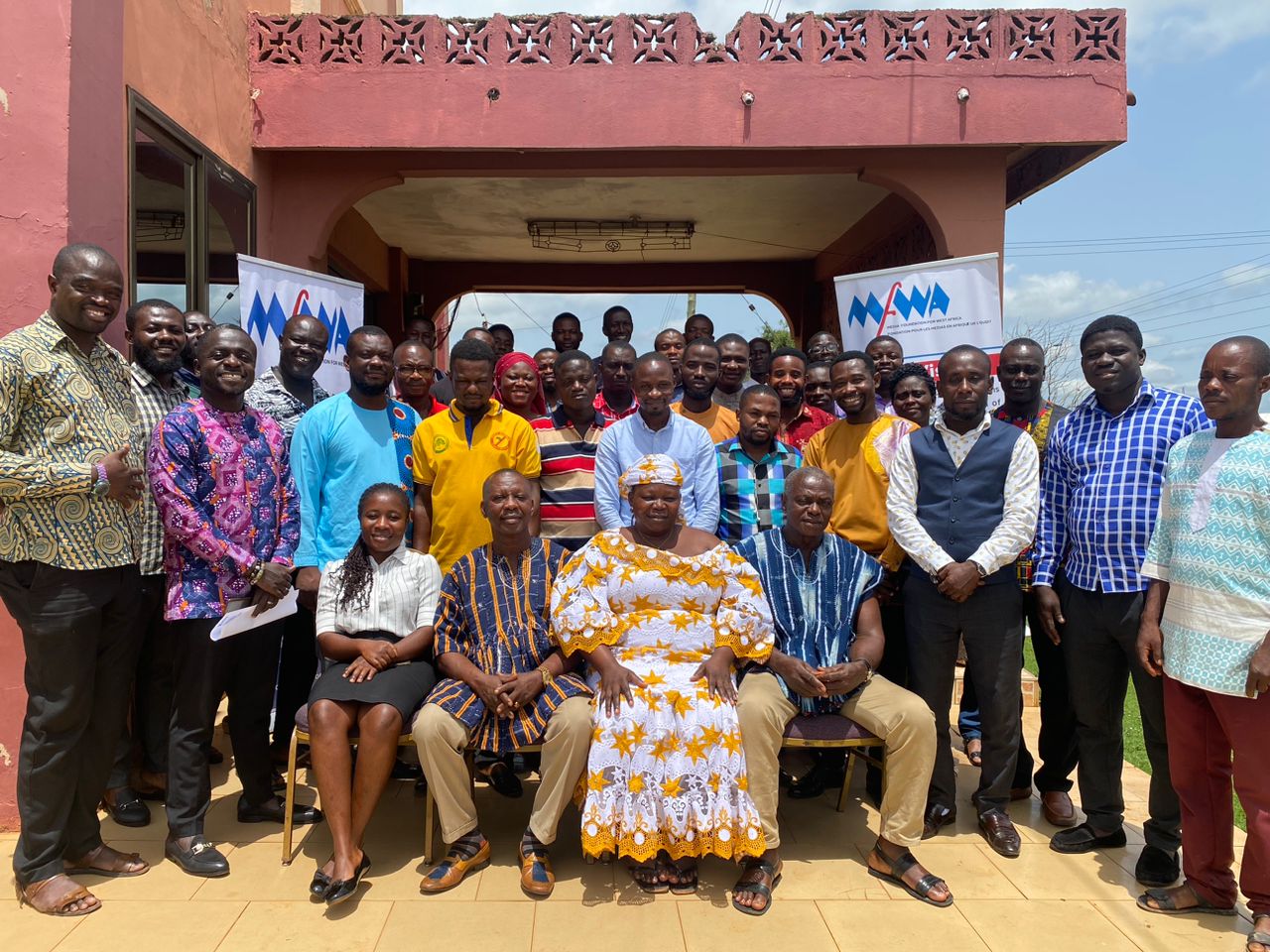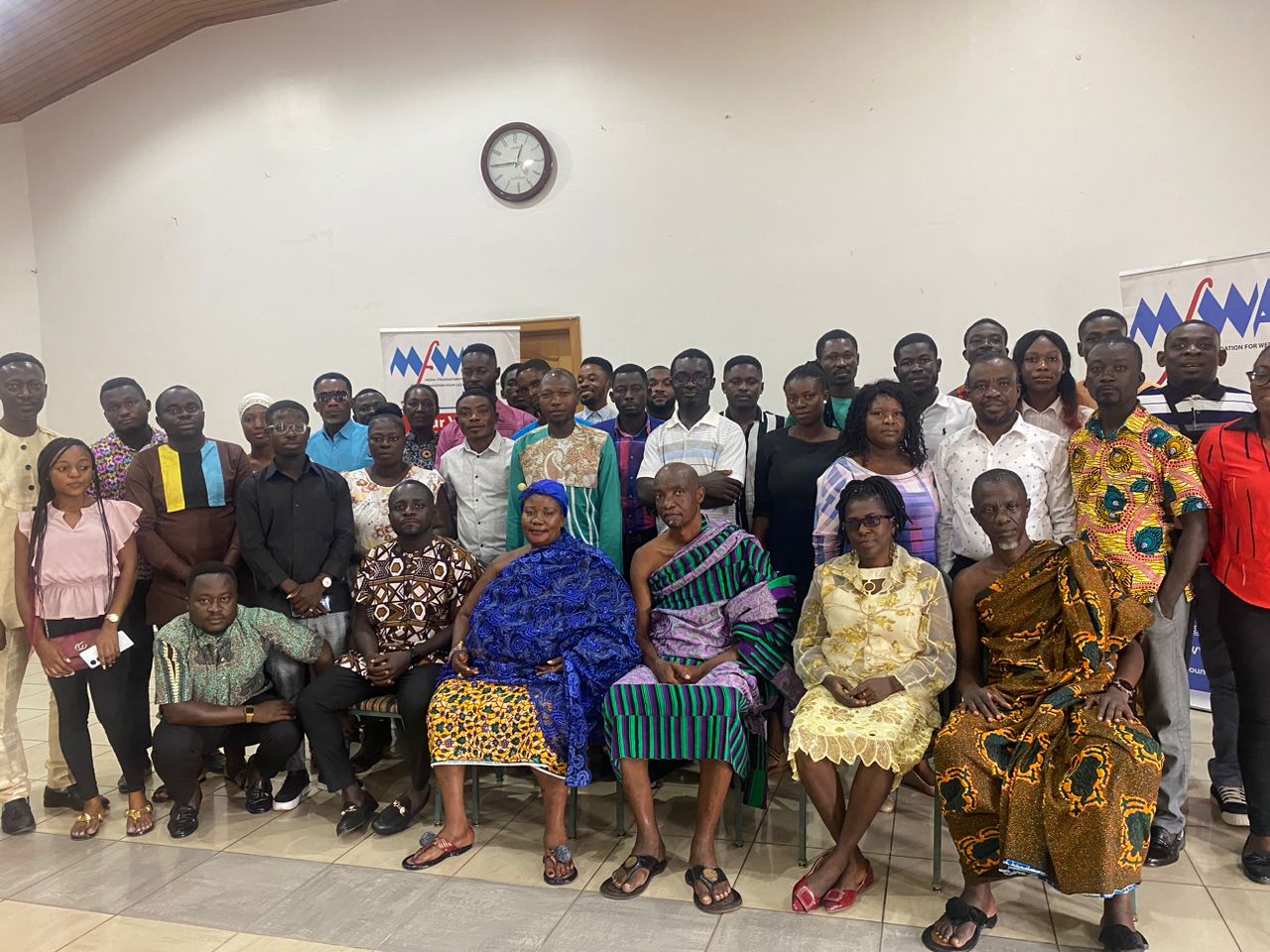Since April, the Media Foundation for West Africa has conducted a series of one-day capacity-building workshops for citizens in the Ashanti and Greater Accra regions of Ghana on the country’s Right to Information (RTI) Law.
The beneficiaries who were made up of students, journalists, traditional and religious leaders, youth advocates, businessmen and women, teachers and persons with disability were exposed to the RTI law and application processes.
The one-day workshops educated the participants about Ghana’s RTI law and equipped them with the capacity to request information on their own. It also explained the steps to take when requests are denied or refused as well as the conditionalities to satisfy under the law. Participants underwent simulation exercises by either applying for information or appealing a decision.
The training workshops aimed at improving citizens access to information while enhancing their ability to demand accountability, particularly at the local governance levels.
In Nkenkaasu, a community in the Offinso North district of the Ashanti region, Kwaku Owusu, a teacher and one of the beneficiaries of the training expressed gratitude to the MFWA for the capacity-building workshops. For him, the ability to use a law like the RTI to know what is happening in his district will help him keep track of the developments there.

Another beneficiary, Beatrice Mensah who happens to be a journalist with the Tepa community radio (Tepa Radio) in the Ahafo Ano North believes that as a journalist, she will be able to use the RTI law to access critical information to develop her stories. She explained that one of the difficult aspects of journalism is information sourcing and the RTI law seems to do just that, making access to information easy.
While Kwaku and Beatrice are happy about their ability to use the RTI law to get answers, Mary Aidoo, a businesswoman in Sege and a beneficiary of the RTI training that took place in Ada, was happy to know that the law empowers her to hold duty bearers to account. She is willing to use the law to hold duty bearers to account.
The one-day capacity-building workshops by the MFWA aim to foster a pool of informed citizens capable of accessing facts and data concerning the exercise of public authority and the use of public funds. Through these workshops, the public will be empowered with the right knowledge and tools necessary to advocate access to information, and consequently demand accountability from the local authorities.
As the series of training workshops continue, it is anticipated that the active role played by citizens in demanding access to information will contribute significantly to the promotion of open governance across Ghana. With the momentum gained from these workshops, the prospect of a more informed citizenry equipped to hold public officials accountable is within reach.
These one-day workshops are being done with funding support from the Open Society Initiative for West Africa (OSIWA).






